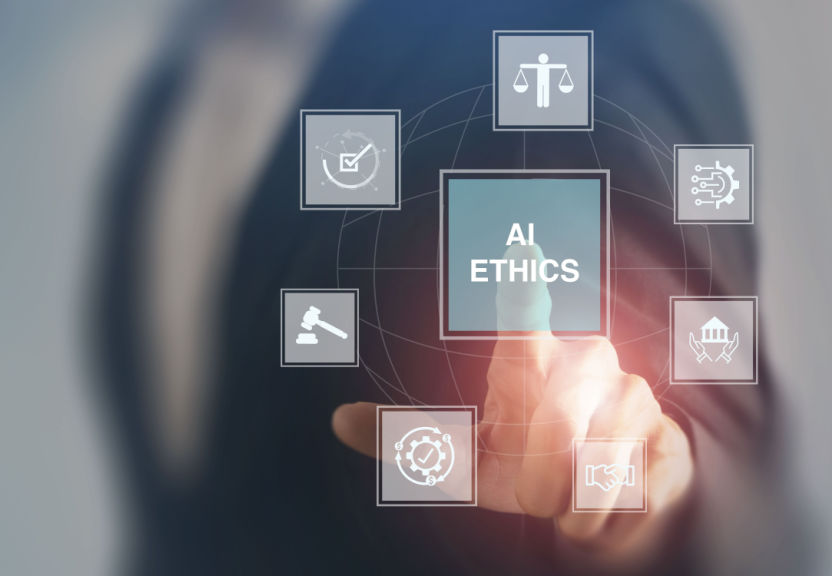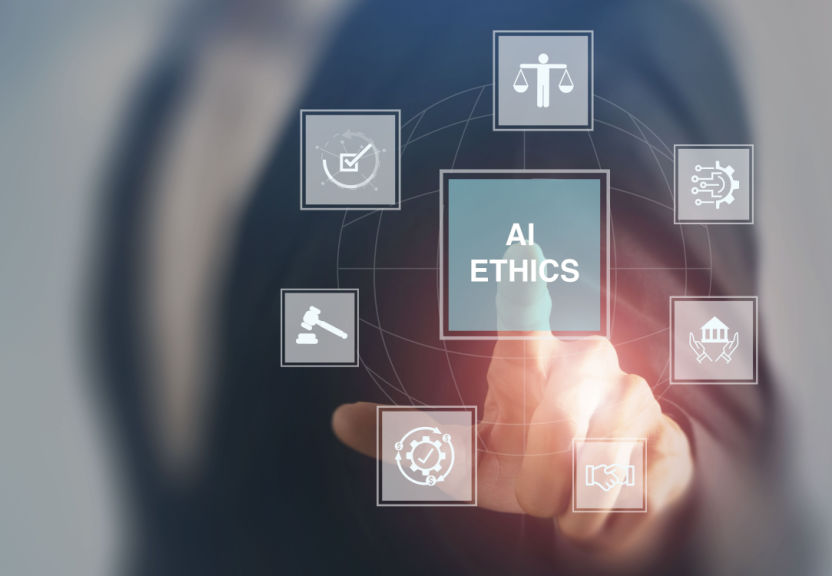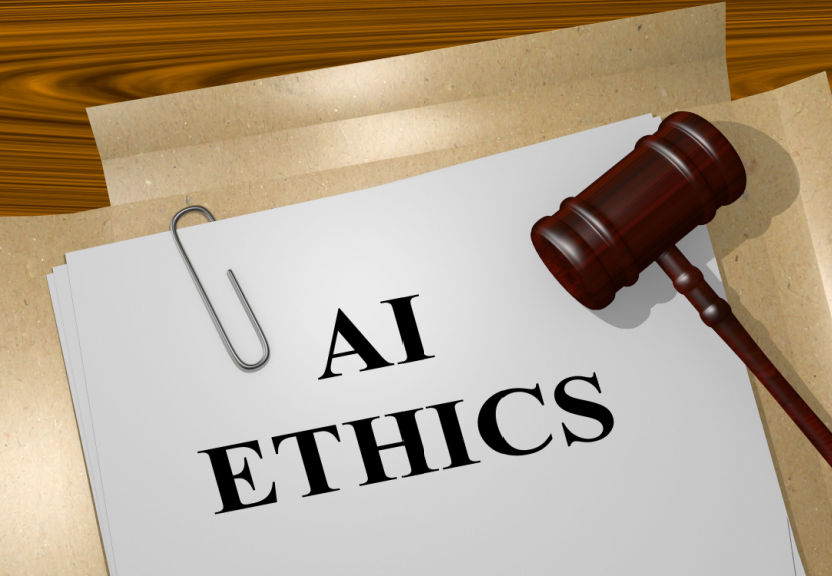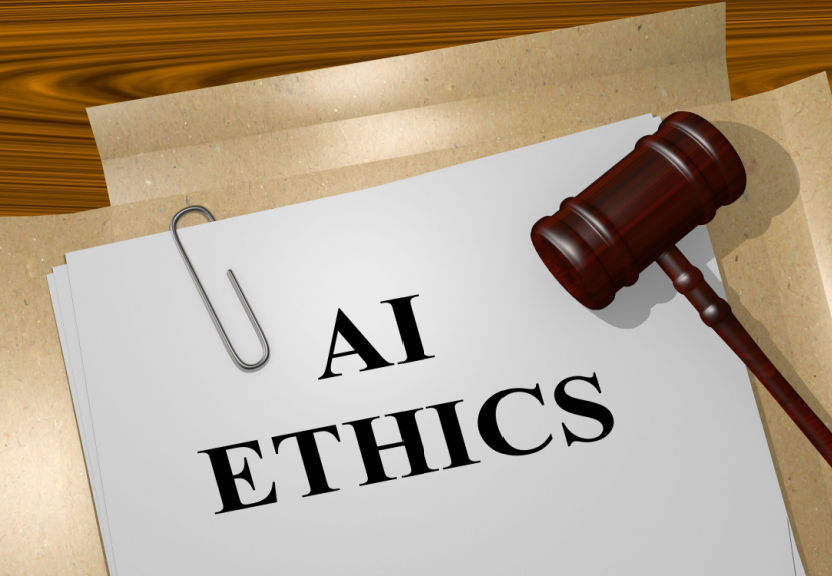The Ethics of Artificial Intelligence: Balancing Innovation with Responsibility
Artificial intelligence (AI) is rapidly transforming various industries, from healthcare to finance, and education to transportation. As AI continues to evolve and become more advanced, it raises ethical concerns about how it is developed, used, and regulated. The ethical issues related to AI range from privacy and bias to accountability and transparency. It is essential to balance innovation with responsibility to ensure that AI is developed and used ethically.
Here are some of the ethical concerns related to AI:
Privacy and Data Protection: AI relies on data, and the more data it has, the more accurate and efficient it can be. However, this also raises privacy concerns. AI developers must ensure that the data they use is collected ethically and that the privacy of individuals is protected.
Bias and Discrimination: AI algorithms can be biased and perpetuate discrimination. For example, facial recognition technology has been shown to have higher error rates for people of color and women. Developers must ensure that their AI algorithms are unbiased and do not perpetuate discrimination.




Accountability and Transparency: As AI becomes more complex, it becomes more challenging to understand how it makes decisions. Developers must ensure that AI systems are transparent, and they are held accountable for any decisions made by AI systems.
Employment and Economic Disruption: AI has the potential to disrupt entire industries and lead to job loss. Developers must consider the impact of AI on employment and the economy and ensure that they are developing AI ethically.
To ensure that AI is developed and used ethically, it is essential to balance innovation with responsibility. This requires a collaborative effort from all stakeholders, including developers, policymakers, academics, and the public. Some steps that can be taken to ensure ethical development and use of AI include:
Developing ethical guidelines and standards: Developers and policymakers must work together to develop ethical guidelines and standards for AI development and use.
Conducting ethical impact assessments: Developers must conduct ethical impact assessments to identify any potential ethical concerns and address them before deploying AI systems.
Encouraging transparency: Developers must be transparent about the data they use, how their AI algorithms work, and the decisions made by AI systems.
Promoting diversity: Developers must ensure that the teams developing AI are diverse and inclusive to avoid perpetuating bias.
AI has the potential to transform various industries, but it also raises ethical concerns. Balancing innovation with responsibility is essential to ensure that AI is developed and used ethically. Developers, policymakers, and the public must work together to ensure that AI is developed and used in a way that benefits society while minimizing any potential ethical concerns.
The articles and information within this website are my sole opinion and derived from my sole experience. They are meant for general information purposes only and is not meant to substitute professional dietary and/or health advice or treatment. If you have or suspect you may have allergies or medical issues which may be affected by certain foods, or have or suspect you may have any illness and/or disease and/or chronic ailment and/or other, you should promptly contact your health care provider. Any statements regarding diets and/or nutrition and/or health are to be used at your discretion and are not intended to diagnose, treat, cure or prevent any disease.

























